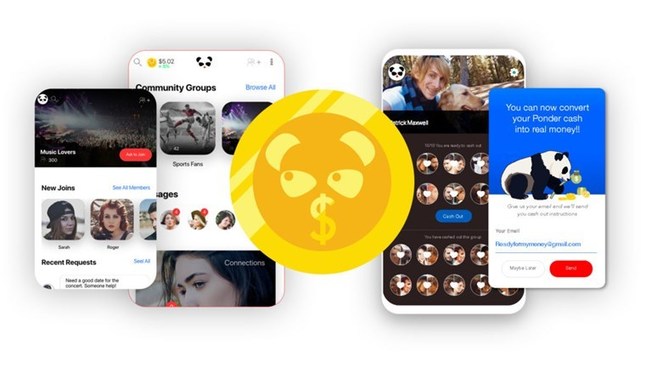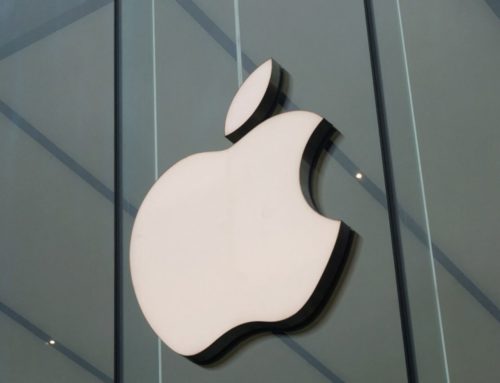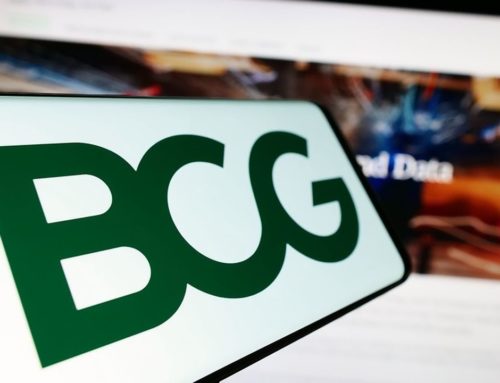Like Voila.AI, DateCoin, which had its ICO in May 2018, combines neural networks and AI algorithms with blockchain to promise a more secure and transparent dating experience. These apps are all available on Google Play, Apple’s App Store and a range of Chinese online platforms. And established dating apps are now beginning to acknowledge the potential of blockchain by also turning to the technology. Secretive Hong Kong-based dating app for the ultrarich, Luxy, in 2018 announced that they will accept bitcoin as a mode of payment. The app uses blockchain to verify that those looking to get on the platform are all millionaires.
“Many of our clients are in this industry, and accepting [cryptocurrency] is just the first step in integrating this technology with Luxy,” Raffael Krause, head of public relations at Luxy, says of the company’s switch last year.
To be sure, it’s early to say just how much these apps will disrupt mega-platforms like Tinder, which gets 1.6 billion swipes a day — that’s more than the population of China. That some of their most sophisticated services need you to pay for them means their audience might stay niche, at least for now. Not everyone — especially men — will be willing to take the trouble of going through extra scrutiny to set up their profiles, experts caution.
Ponder, launched in 2017, which now has 70,000 users. Its blockchain-based service doesn’t just connect people for dates; it also allows others to play matchmaker — and earn from it in cryptocurrency.Still, these apps are emerging in the backdrop of increasing research, such as a 2017 study by global cybersecurity firm Kaspersky, that has raised questions about the care with which traditional dating apps treat users’ sensitive data, and on the checks they use to verify identities. And while many traditional dating apps have upgraded their safety features following criticism, blockchain additionally offers a level of transparency that older apps can’t promise, say industry analysts.
“Trust and security come from the blockchain as users must go through [what is effectively] a civic management platform,” says Oliver Dale, editor-in-chief of Manchester, U.K.-based cryptocurrency publication Blockonomi.
And it isn’t only transparency and safety that these apps are offering. Some, like Ponder, for instance, are also giving users a chance to earn. Those keen to play matchmaker on Ponder can buy tokens called Ponder Gold to get access to a broader set of single users they can try to match. Users looking for a date can also improve their chances by buying Ponder Gold tokens. It “improves a user’s match rate,” says Dale. Other apps, like Luna, which launched this year, allow those holding its tokens — called Stars — to leapfrog others seeking a match with the same person. AI helps find the best matches.
Viola.AI meanwhile “verifies whether a user is a real person, records publicly verifiable relationship status and creates agreements on the blockchain,” a white paper prepared by the firm says. “Singles can be assured that they are communicating with a real person instead of a bot or a scammer. On the other hand, married or unmarried couples can be assured of their partner’s relationship status given the transparency of the public record and declare their love commitment to one another on the blockchain.”
If it all sounds complicated for what at the end of the day is a simple connection between two people, that’s reflective of the times we live in. The FBI received 15,000 complaints of love scams in 2017, worth $210 million. “Finding love shouldn’t be this difficult,” Krause says. “There should be no scams and fake profiles.” As for unwelcome dick pics? With blockchain, such offenders can be securely identified — and banned from ever creating a profile again.
Sourced through Scoop.it from: www.ozy.com







Leave A Comment